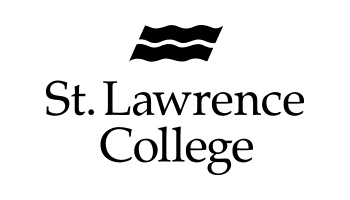Program Overview
The General Arts & Science Diploma provides a broad liberal arts curriculum that prepares students for the workforce, college programs, or transfer to university. Core courses provide a solid foundation in communications and interpersonal skills, computers, mathematics, analytical skills, science, and general education. Courses are chosen in consultation with the program coordinator, ensuring the right mix to meet each student’s interests and vocational goals.
Admission Requirements
Secondary School Diploma including Math 11 and English 12, or equivalent. Student must meet one of the language requirements.
- Canadian College of English Language Level 140, Pass with 60%.
- St. Lawrence College ESL Advanced, Pass with 60%
- IELTS 6.0 (minimum of 5.5 in each section)
- TOEFL CBT 213, TOEFL IBT 78






